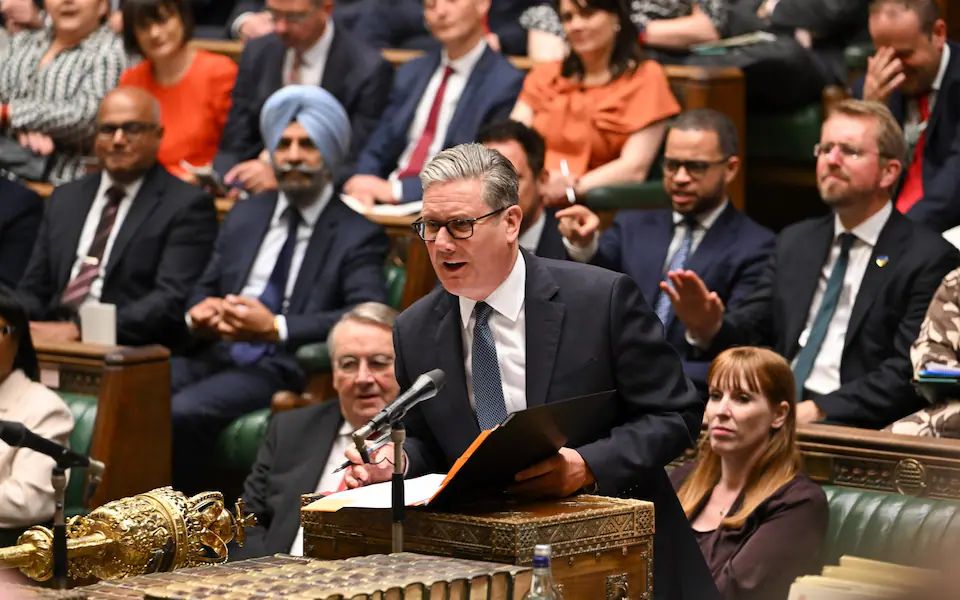Sir Keir Starmer is preparing to unveil Labour’s long-promised Ethics and Integrity Commission within days, in a move aimed at restoring public trust in politics and tackling the legacy of Conservative era sleaze.
The announcement is likely to come before Parliament rises for the summer recess on Tuesday.
The new independent watchdog will be tasked with upholding standards across public life, overseeing lobbying rules for former government officials, and enforcing a legal duty of candour for public authorities, a key component of the forthcoming Hillsborough law.
The Ethics and Integrity Commission will assume responsibilities currently spread across several existing bodies. These include:
The Advisory Committee on Business Appointments (Acoba), which advises former ministers and civil servants on post-government jobs to avoid lobbying conflicts. Acoba will be folded into the new watchdog, although it remains unclear whether the commission will be granted stronger enforcement powers.
The Committee on Standards in Public Life, which has traditionally advised the Prime Minister on ethical conduct, will also be absorbed.
By contrast, other existing oversight institutions, such as the Parliamentary Standards Commissioner, the Independent Adviser on Ministerial Interests, the Independent Complaints and Grievance Scheme, and the Electoral Commission will continue to operate independently.
The planned duty of candour, which the new watchdog will oversee, is part of Labour’s pledge to create a culture of transparency and accountability. It will place a legal and ethical obligation on public officials to act with honesty, openness, and integrity, a reform influenced by the state’s mishandling of the 1989 Hillsborough disaster.
A Delayed Labour Pledge
Labour first announced plans for the commission in 2021, using it as a central plank in its campaign to end what it described as years of Tory sleaze and cronyism. The plan was formally included in the party’s 2024 general election manifesto.
That manifesto pledged:
“Labour will restore confidence in government and ensure ministers are held to the highest standards. We will establish a new independent Ethics and Integrity Commission, with its own independent chair, to ensure probity in government.”
Despite its prominence during the election, public mention of the commission has been scarce since July 2024, raising questions about whether the proposal had been shelved. However, insiders now say its structure and responsibilities are finalised and ready for imminent announcement.
While the move signals a clear shift towards institutional reform, some observers may question whether the commission represents meaningful change or simply a rebranding of toothless predecessors. Acoba, for example, has long faced criticism for its lack of enforcement power and without stronger legal authority, critics may accuse the new body of continuing that trend.
The government has yet to confirm the final details. A spokesperson said:
“This is speculation. This government is committed to establishing the right structures to uphold the highest standards in public life. We have already taken steps to improve probity and transparency.”
Deputy Prime Minister Angela Rayner, a key architect of the commission, previously said the reforms were essential to prevent further erosion of public trust.
“The current system does not work,” she said. “Our democracy cannot hinge on gentlemen’s agreements. It needs independent and robust protection from Conservative corruption.”
While the official unveiling is expected before Tuesday, the announcement could still be delayed by competing government priorities or breaking news developments.
Nonetheless, the commission’s launch would mark an early test of Labour’s promise to raise ethical standards and a signal that the Starmer government intends to make public integrity a defining pillar of its leadership.



